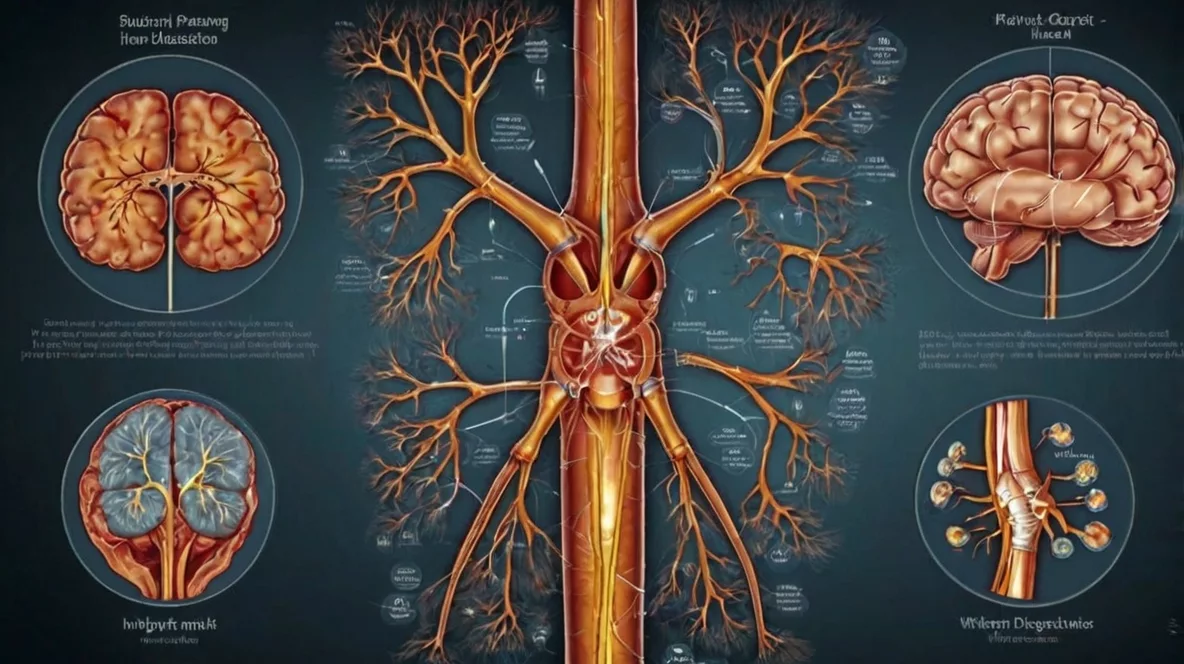Multiple sclerosis (MS) is a complex and unpredictable condition that affects not only the body but also the emotional and social dimensions of a person’s life. Understanding the social effects of MS is crucial in promoting a supportive environment for patients with multiple sclerosis to lead fulfilling lives. From relationships to societal perceptions, this blog will explore the psychosocial effects of MS, its impact on relationships, and strategies to overcome social challenges.
Table of Contents
ToggleUnderstanding the Social Effects of MS
MS and Social Isolation
Living with MS often brings profound changes to a person’s social life. People with multiple sclerosis may experience difficulty maintaining their usual social roles and connections. Symptoms like fatigue, mobility issues, and cognitive challenges can limit participation in social activities, leading to loneliness and social isolation. The stigma surrounding MS can further exacerbate these feelings, leaving individuals feeling misunderstood or excluded.
Social determinants of health, such as access to support networks, employment, and community resources, play a significant role in how well individuals adapt to the social challenges posed by MS. Addressing these factors is essential for fostering resilience and inclusion.
How MS Impacts Relationships
Relationships and Chronic Illness
MS impacts relationships at multiple levels, from friendships to intimate partnerships. Family members may find themselves adapting to new caregiving roles, which can strain dynamics. Open communication is key to navigating these changes.
For example, parenting with MS presents unique challenges. Managing symptoms while caring for children requires careful planning and often relies on a strong support system. Partners, too, may need to adjust to the unpredictable nature of the disease, as relapses or progressive symptoms can change the dynamics of intimacy and shared responsibilities.
Psychosocial Effects of MS
Adapting to Multiple Sclerosis Stigma
Stigma remains a significant challenge for people with MS. Misconceptions about the condition can lead to discrimination or pity, which can affect self-esteem and mental health. Individuals often feel compelled to hide their diagnosis, leading to further isolation.
Building awareness is critical in reducing stigma. Educational campaigns and advocacy groups, such as the MS Society, play a vital role in changing perceptions. They provide resources to help patients and their families navigate these challenges, empowering them to live with confidence and dignity.
Overcoming Social Barriers
Strategies for Staying Connected
- Join Support Groups: Connecting with others who understand the journey can be incredibly validating and uplifting.
- Leverage Technology: Virtual meetings and social media platforms offer opportunities to engage with the community despite mobility issues.
- Engage in Open Communication: Honest discussions about limitations and needs help foster understanding in relationships.
- Seek Professional Help: Counsellors and therapists can provide tools for coping with emotional and relational challenges.
Creating a proactive plan to combat social isolation and stigma is essential for adapting to life with MS.
Frequently Asked Questions
The social effects of multiple sclerosis include challenges in maintaining relationships, social isolation, and difficulties participating in community activities due to physical or cognitive symptoms. Stigma and misconceptions can also lead to discrimination or exclusion. However, with the right support and resources, individuals can build meaningful connections and maintain an active social life.
MS affects life in multifaceted ways, including physical, emotional, and social dimensions. Symptoms like fatigue, pain, and mobility issues can limit independence. Psychologically, it may lead to anxiety or depression. Socially, individuals often face isolation or strained relationships. Nevertheless, many people with MS find ways to adapt and thrive through resilience, community support, and medical interventions.
The MS Society provides invaluable support for people with MS and their families. They offer resources for understanding the disease, advocacy for better healthcare policies, and programmes to combat social stigma. Their community events and support networks help individuals connect with others facing similar challenges.
Yes, many individuals with MS live independently. However, this depends on the severity of their symptoms and access to resources. Adapting the living environment for accessibility and having a reliable support network are essential factors. Technology and assistive devices can also enhance independence.
Conclusion
Living with multiple sclerosis MS can significantly impact social connections and quality of life. However, understanding the challenges and employing strategies to address them can lead to meaningful relationships and a fulfilling life. Whether dealing with family history MS or adapting to multiple sclerosis stigma, the journey is made easier with community support and resilience.
By addressing the social determinants of health and embracing resources like those provided by the MS Society, people with multiple sclerosis can break down barriers and thrive despite their condition. Empowerment starts with connection, and every step towards inclusion makes a world of difference.
The social effects of MS (multiple sclerosis) can significantly influence various aspects of a person’s life, often leading to challenges like social isolation and feelings of disconnection. MS and social isolation frequently go hand in hand, as the physical and emotional toll of the disease can limit participation in social activities, sometimes leaving individuals feeling withdrawn or excluded.
The MS impact on relationships is profound, as loved ones may struggle to understand the unpredictable nature of the condition, leading to strain or miscommunication. Furthermore, the psychosocial effects of MS, including anxiety and depression, can amplify these challenges, creating additional barriers to maintaining a fulfilling social life.
The presence of MS and social stigma, fueled by misconceptions about the disease, further complicates social interactions, emphasizing the need for increased awareness and support systems for those affected.




